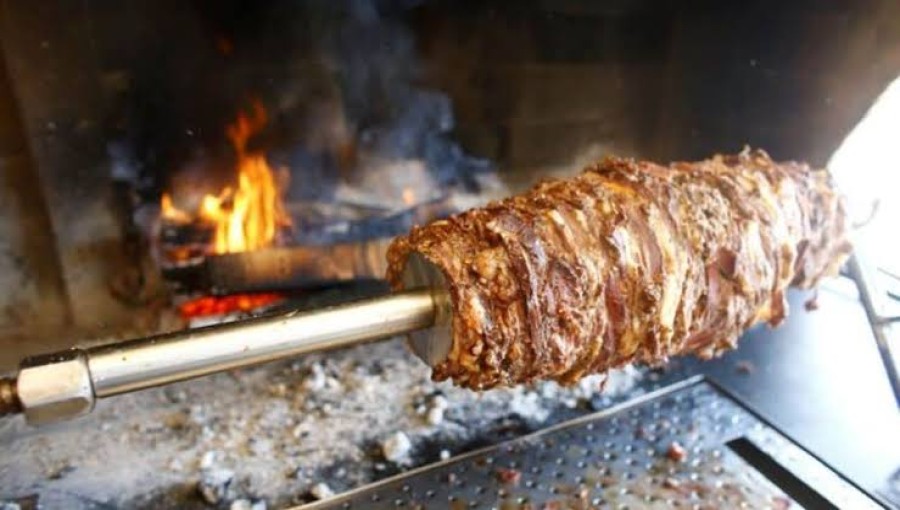Inflation in Germany has triggered a significant surge in the price of kebabs, a popular staple in the country, with costs doubling over the past two years. The Left Party has called upon the government to intervene and alleviate the burden on consumers.
Introduced by Turkish immigrants in the 1970s, kebabs have since become a culinary cornerstone in Germany, generating annual sales of $700–750 million. However, recent inflationary pressures have propelled the price of some kebabs from $4.30 to $10.80, according to reports from The Guardian and The Independent.
Kathi Zebel, spokesperson for the Left Party's youth policy, highlighted the concerning trend, noting that the affordability of kebabs is diminishing rapidly, reaching $7.55 in some areas. The party has proposed government intervention to cap kebab prices at $5.30, aiming to prevent it from becoming a luxury food item.
The Left Party advocates for subsidies to alleviate the financial strain on consumers, attributing the price hike to increased wages, fuel costs, and rental expenses for kebab shops. Zebel emphasized the importance of addressing these underlying cost factors to ensure affordability for consumers.
However, German Chancellor Olaf Scholz has expressed reservations about directly regulating kebab prices, emphasizing efforts to mitigate inflationary pressures instead. Despite public pressure, Scholz has underscored the government's focus on managing inflation effectively.
In 2023, consumer goods prices in Germany surged by 5.9 percent, with fuel consumption witnessing a 5.3 percent increase. The Russia-Ukraine conflict and internal economic challenges have exacerbated inflationary trends, posing challenges for policymakers and consumers alike.































Comment: